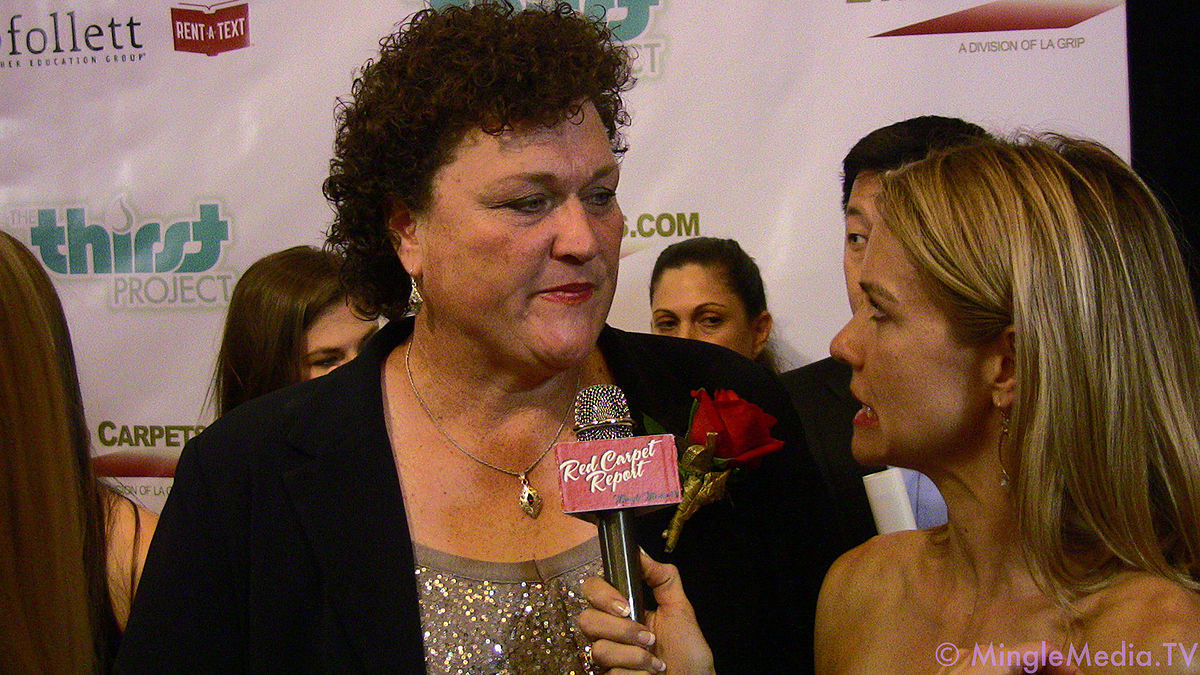
BEVERLY HILLS, Calif.—You couldn’t miss Hollywood talent agent Sid Levin’s office in the old days: It wasn’t much bigger than a closet and it was sometimes filled with burglars, bank robbers and gang members, all trying to break into the movies.
These days you’ll find everyone from Gulf War veterans to a 15-time world arm-wrestling champion there, and Levin didn’t bring them in for protection. They’re looking to be movie stars, too.
In a town where seemingly everyone wants to be a star, but few look like James Franco or Scarlett Johansson, Levin is the talent agent who represents the people who look like the rest of us. Some play tough guys because they once were. Or hard-core military types because they were that.
“I am kind of the strange guy here in Hollywood,” says Levin from behind the desk of his office, which is actually just down the road in adjacent Beverly Hills. “I rep a lot of talented people, but people who are kind of the underdog. But that’s OK. I’m the underdog, too.”
One of his breakout underdogs is the arm-wrestling champion and former juvenile hall guard Dot-Marie Jones. She’s been nominated for three consecutive Emmys since landing the role of Coach Beiste on “Glee.” Although she missed out on a nomination at this month’s awards show, he says, he’s confident she’ll get one eventually—because she’s that good.
On his desk, meanwhile, is an old-fashioned Rolodex with a list of more than 100 names, many of people you’ve likely never heard of but realize you sort of recognize from somewhere.
There’s Abdoulaye N’gom, for example. The Senegalese-born actor who came to LA 35 years ago with the unlikely dream of becoming a movie star, although he spoke little English and what he did came out in a thick accent reflecting the years he’d spent in Senegal and France.
“But Sid said, ‘There’s just something about you. I know you’re going to work,”‘ recalled the actor who after years of small parts in films like “George of the Jungle” recently played the kindly hotel manager in the Drew Barrymore-Adam Sandler comedy “Blended.”
Likewise, when Levin saw the square-jawed, no-nonsense-looking Coast Guard Petty Officer Mike Dalager, he says, he knew just what roles to send him after. Dalager’s been a cop, a soldier and a member of the crew of The Enterprise in “Star Trek: Into Darkness.” Not that he always plays the good guy. He was also a Taliban militiaman in “Eagle Eye.”
“It’s definitely a what-you-look-like industry,” laughs Dalager, adding Levin seems to know that better than anyone.
Levin, 56, himself looks like he could have walked out of a movie about an old-time agent in the mould of “Broadway Danny Rose.” He’s short, paunchy and, on this day, dressed in slacks and a pull-over blue shirt with a gold medallion hanging around his neck.
Thirty years ago, the former stand-up comic and singing-telegram salesman put up a shingle in a tiny office at the fabled but then-faded intersection of Hollywood and Vine. “People told me I had to move because nobody would go there after dark,” he recalled of Hollywood’s rougher days.
Kids from the even rougher streets of South Los Angeles would, however, especially after Levin got seven of them roles in director John Singleton’s breakthrough movie “Boyz n the Hood” in 1991. They had been sent to him by a Compton acting coach named Anthony Bean who was trying to get them away from street gangs.
“Don’t ask me why and how I found Sid. I don’t even recall,” laughs Bean, who has since returned to his native New Orleans to run an acting school for inner-city youth. But in a business that can be cut-throat, Bean said he just got a feeling the fast-talking agent wouldn’t rip off naive street kids.
The next break came when a tough looking Latino actor from one of LA’s roughest barrios came through the door. When Danny Trejo started to work regularly, Levin recalls, he volunteered at prisoner workshops and began sending his students to him.
“Ex-cons that were bank robbers and what have you started showing up, and that was kind of dicey,” he recalls, chuckling.
Still, he might have kept representing ex-cons, gang members and their associates if tragedy hadn’t struck. Dedrik Gobert, one of the South LA kids he’d gotten into “Boys n the Hood,” seemed headed for stardom. He was making money and spending it restoring old cars.
Unfortunately, he raced one day against a gang member, they argued afterward and he was shot to death.
“I still think about him a lot,” Levin says softly. “It was just so senseless.”
As most of the kids from LA’s mean streets drifted away from acting, and some like Trejo who became big stars moved on to other, more prominent representation, Levin began to focus more on military and law enforcement people.
He figured they have as much right to dream of being movie and TV stars as anybody else. “Talented is talented,” he says.